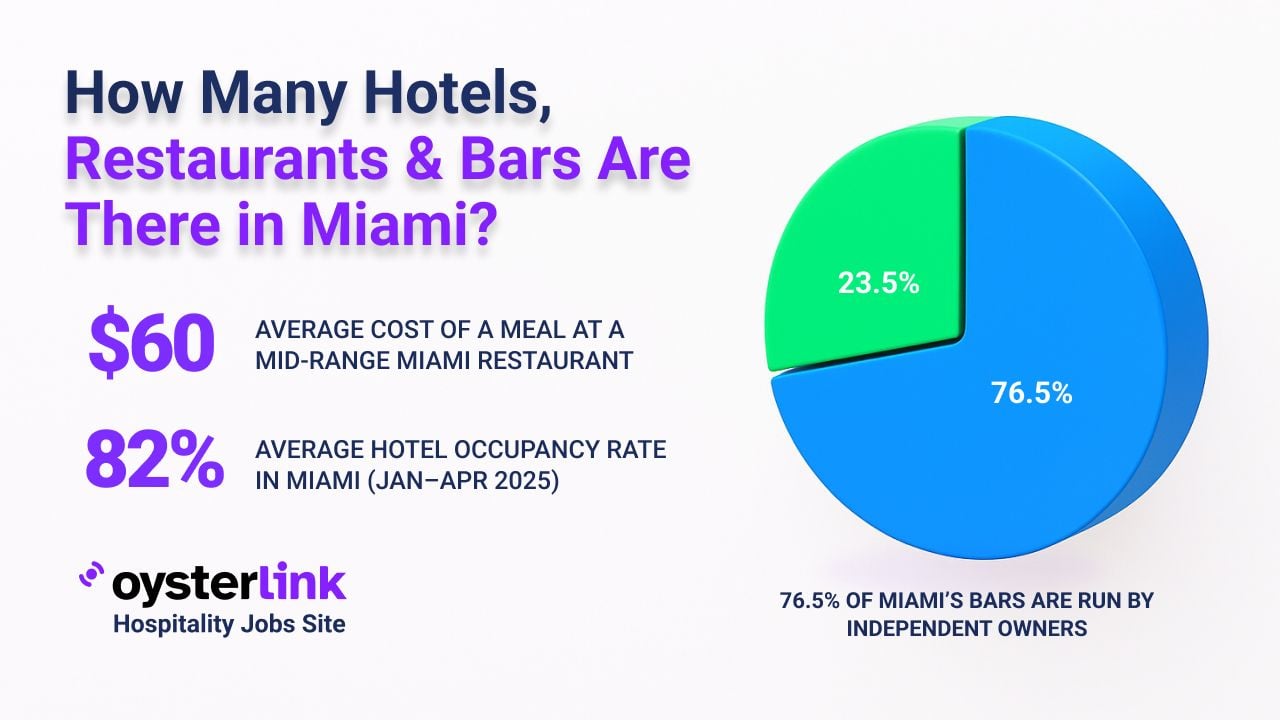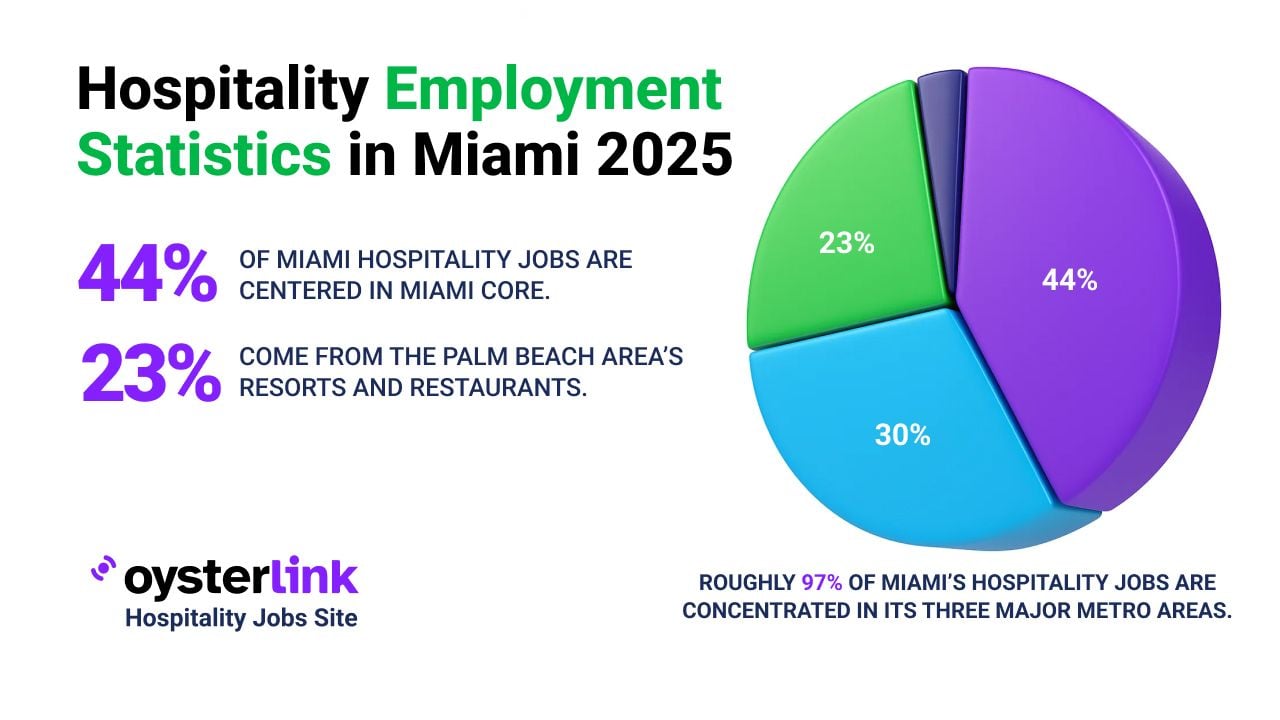Pros and Cons of Being a Flight Attendant: 3 Key Takeaways
- Flight attendants enjoy flexible schedules and travel perks, but often deal with irregular hours and jet lag.
- Starting salaries range from $30,000 to $40,000, with the potential to exceed $80,000 with experience and seniority.
- The job offers adventure and global exposure, but comes with high emotional and physical demands.
Being a Flight Attendant is one of the most glamorous and adventurous jobs in the travel and hospitality industry. For many, it's a dream role — jetting around the world, meeting new people, and experiencing different cultures.
But behind the polished uniforms and exciting destinations lies a demanding career that requires resilience, stamina, and exceptional people skills. If you're thinking about stepping into the world of aviation as a Flight Attendant, it's crucial to understand both the perks and the pressures that come with the job.
Advantages of Being a Flight Attendant
From travel privileges to personal growth, the benefits of being a Flight Attendant can be incredibly rewarding — both professionally and personally.
1. Travel the World — for Free
Let’s start with the obvious: Flight Attendants fly for a living. Most airlines offer free or deeply discounted airfare for crew members, making it possible to visit global destinations on a budget. In some cases, attendants can even extend layovers to explore cities like Paris, Tokyo, or Cape Town.
Bonus: Many airlines offer buddy passes so your family and friends can travel at reduced rates too.
2. Flexible Schedules and Days Off
Unlike traditional 9-to-5 roles, flight attendants often work on a rotating schedule of several days on, followed by several days off. While this unpredictability isn’t for everyone, it provides an unconventional rhythm that some find liberating.
Senior flight attendants can bid for desirable schedules and routes, giving them more control over their work-life balance.
3. Meet New People Every Day
Flight attendants interact with hundreds of passengers per flight, offering exposure to people from all walks of life. This dynamic work environment is ideal for outgoing individuals who thrive on social interaction and enjoy adapting to new personalities.
Whether it’s helping a first-time flyer or managing a VIP client, no two flights are ever the same.
4. Great Benefits and Perks
Beyond travel, most airlines provide full-time Flight Attendants with solid benefits packages. These may include:
- Health, dental, and vision insurance
- Retirement plans
- Per diem allowances for meals and expenses
- Paid training and annual bonuses
- Union protections at many carriers
Some also receive hotel stays, ground transportation, and meal stipends during layovers.
5. Personal Growth and Life Skills
Being a Flight Attendant hones soft skills like communication, patience, problem-solving, and crisis management. You're trained to handle medical emergencies, disruptive passengers, and in-flight service with calm professionalism.
Over time, you develop a thick skin, sharp instincts, and a global mindset — qualities that benefit you in any industry.
Disadvantages of Being a Flight Attendant
Despite the glamour, being a Flight Attendant is far from effortless. The lifestyle can be tough on the body, relationships, and even your wallet early on in your career.
1. Irregular Hours and Jet Lag
Flight Attendants often work weekends, holidays, and overnights. Red-eye flights, back-to-back legs, and long-haul international routes can result in chronic jet lag and disrupted sleep cycles.
You’ll need to adjust quickly to time zone changes, early report times, and physically taxing schedules.
2. Emotional Labor and High-Stress Situations
While smiling and serving coffee might seem simple, the emotional labor behind it is intense. Flight Attendants must:
- Diffuse passenger conflicts
- Comfort anxious travelers
- Enforce airline policies
- Maintain calm in emergencies
You're expected to remain composed and friendly — even when dealing with delays, turbulence, or unruly passengers.
3. Time Away From Home
Expect to spend a significant amount of time on the road — or in the air. While some routes allow you to return home daily, others involve overnight layovers or multi-day trips.
This constant travel can strain personal relationships, especially for those with families, partners, or caregiving responsibilities.
4. Physically Demanding Work
You’re constantly on your feet, often pushing heavy carts, managing tight spaces, and dealing with pressure changes and dry cabin air. Turbulence makes it more exhausting, and cramped galleys aren’t exactly ergonomic.
Back pain, swollen ankles, and fatigue are common issues among seasoned Flight Attendants.
5. Entry-Level Pay Can Be Modest
While top earners can make over $80,000 a year, new hires often start around $30,000–$40,000. Since pay is based on flight hours — not prep, boarding, or delays — actual time spent working versus being paid may feel disproportionate.
In addition, training periods may be unpaid or minimally compensated, depending on the airline.
Is Being a Flight Attendant Worth It?
Like baking or any other passion-driven career, becoming a Flight Attendant is not just about income — it’s about lifestyle.
For those who crave travel, variety, and human interaction, the rewards can be enormous. You’ll build a global perspective, sharpen your communication skills, and experience cultures most only dream of. But it’s also a path that requires stamina, emotional intelligence, and the ability to adapt to unconventional hours.
Ultimately, it comes down to what you value more — the adventure or the routine. If you're someone who thrives on movement, unpredictability, and human connection, being a Flight Attendant might be a perfect fit.
Pros and Cons of Being a Flight Attendant: Recap
| Pros | Cons |
|---|---|
| Free and discounted travel perks | Irregular schedules and jet lag |
| Flexible days off | Physically and emotionally demanding work |
| Opportunities to meet new people | Time away from home and personal relationships |
| Strong benefits and union protections | Modest starting salary |
| Personal growth and transferable skills | High-pressure situations are routine |




.webp)
.webp)